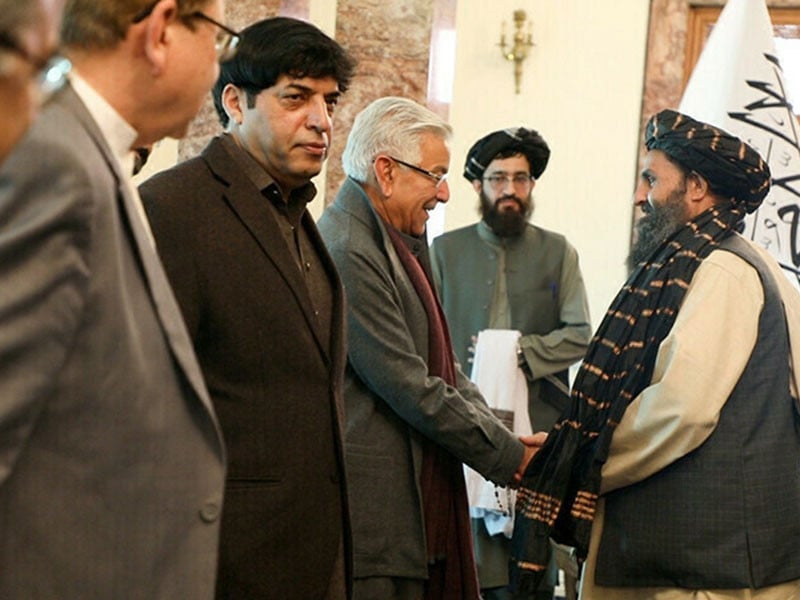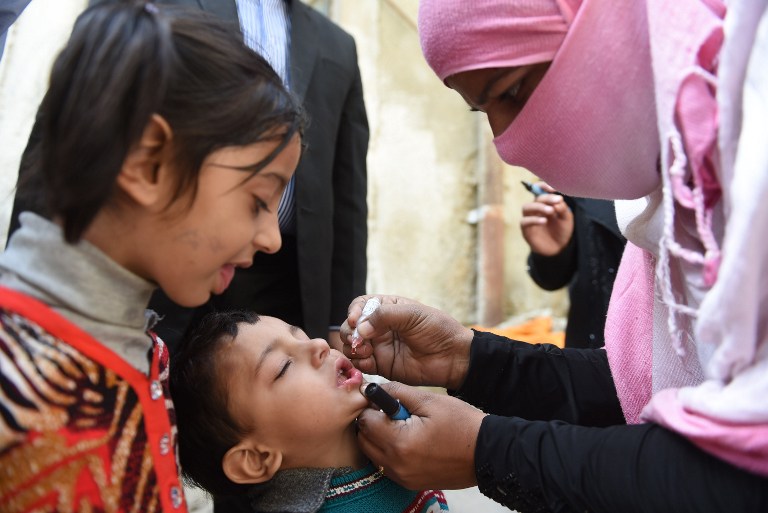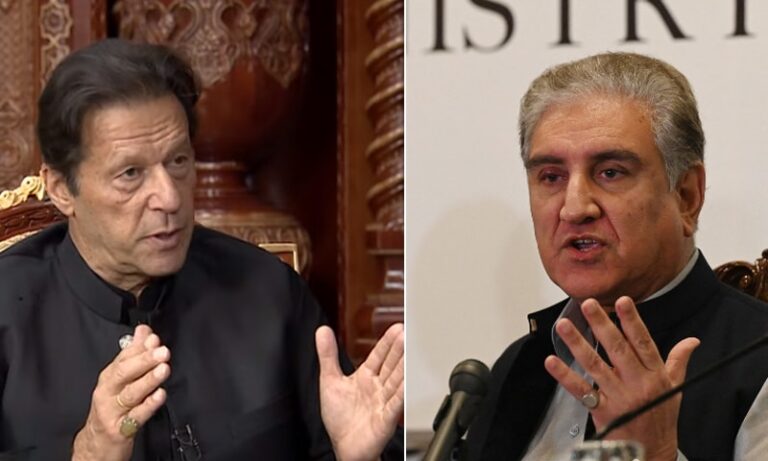Editorial
According to the Constitution of Pakistan, minorities are defined as non-Muslims who constitute about 3.7 per cent of the total population. The Constitution guarantees the right to freedom of religion and equal treatment under the law for all citizens, regardless of their faith or belief. It also provides for the representation of minorities in the national and provincial assemblies, the Council of Islamic Ideology, and the Federal Shariat Court. Moreover, the Constitution prohibits religious discrimination in public services, education, and access to public places.
However, despite these constitutional provisions, minorities in Pakistan face various challenges and threats to their rights and freedoms. According to critics, minorities face multiple discriminatory political, social, religious, cultural and political laws. Apart from discriminatory laws, minorities also face the challenge of forced conversions. It is coercing or pressuring non-Muslims, predominantly Hindu and Christian girls and women, to convert to Islam. According to the Human Rights Commission of Pakistan (HRCP), hundreds of forced conversion cases are reported annually, mainly in Sindh province. The victims are often abducted, raped, married off to Muslim men, or threatened with violence or legal action if they refuse to convert. The existing laws do not adequately protect or redress the victims or their families.
Please, visit and subscribe republicpolicy.com
Sectarian violence is the violence between different sects or groups within Islam, mainly between Sunni and Shia Muslims. According to the South Asia Terrorism Portal (SATP), more than 5,000 people have been killed in sectarian attacks in Pakistan since 2001. The Shia community, about 15 per cent of the population, is the most vulnerable to such attacks, especially during religious festivals such as Muharram and Ashura. Other minority sects also face persecution and discrimination from extremists and state authorities.
Discrimination and marginalization is the unequal and unfair treatment of minorities in various social, economic, political, and cultural aspects. According to multiple reports and surveys, minorities face discrimination and marginalization in education, employment, health care, housing, land ownership, inheritance rights, personal law, media representation, political participation, and access to justice. They also face social stigma and prejudice from the majority community, which affects their dignity and self-esteem.
There is a need for a holistic and multi-pronged approach required to protect and safeguard the rights of minorities in Pakistan that involves administrative, legislative and judicial measures. Administrative measures aim to improve the governance and service delivery for minorities at various levels of administration. They include strengthening the institutional mechanisms for minority affairs, such as the Ministry of Religious Affairs and Interfaith Harmony (MRAIH), the National Commission for Minorities (NCM), and the provincial departments for minority affairs. These institutions should be empowered with adequate resources, authority and jurisdiction. Implementing affirmative action policies for minorities in public services, enhancing the security and protection of minority places of worship, promoting interfaith dialogue and harmony among different religious communities, developing inclusive curricula and textbooks that respect diversity and pluralism, providing scholarships and incentives for minority students, ensuring equitable distribution of development funds and welfare schemes for minority areas.
Pl, subscribe the RP magazines
Then, legislative measures are measures that aim to reform or enact laws that protect and promote minority rights. They include repealing or amending the rules to prevent their misuse and abuse, passing a comprehensive law against forced conversions that defines consent, amending the personal laws of minorities to ensure marriage equality, passing anti-discrimination laws that prohibit discrimination based on religion and ratifying international human rights treaties that protect minority rights.
Judicial measures are also critical for developing, protecting, and growing minorities in Pakistan. These measures aim to ensure access to justice and accountability for minorities. They include establishing special courts or tribunals for minority cases, providing legal aid and assistance to minority litigants, training judges and lawyers on minority rights and sensitization, prosecuting and punishing perpetrators of violence and discrimination against minorities, and enforcing the constitutional and legal provisions for minority rights.
These are possible ways to protect and safeguard the rights of minorities in Pakistan. However, they require political will, social awareness, and civil society engagement to be effective and sustainable.
Pl, subscribe the YouTube channel of republicpolicy.com

















































